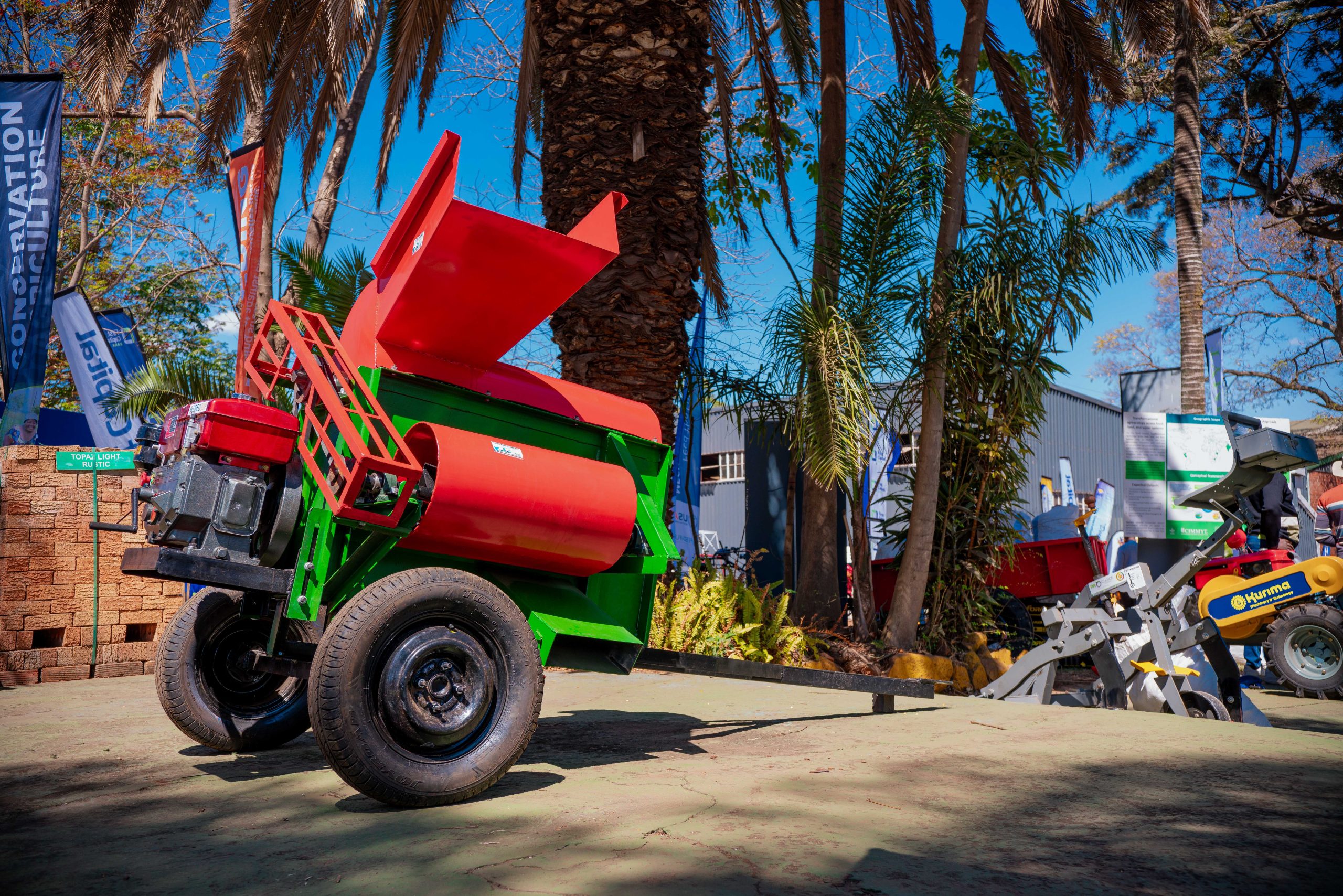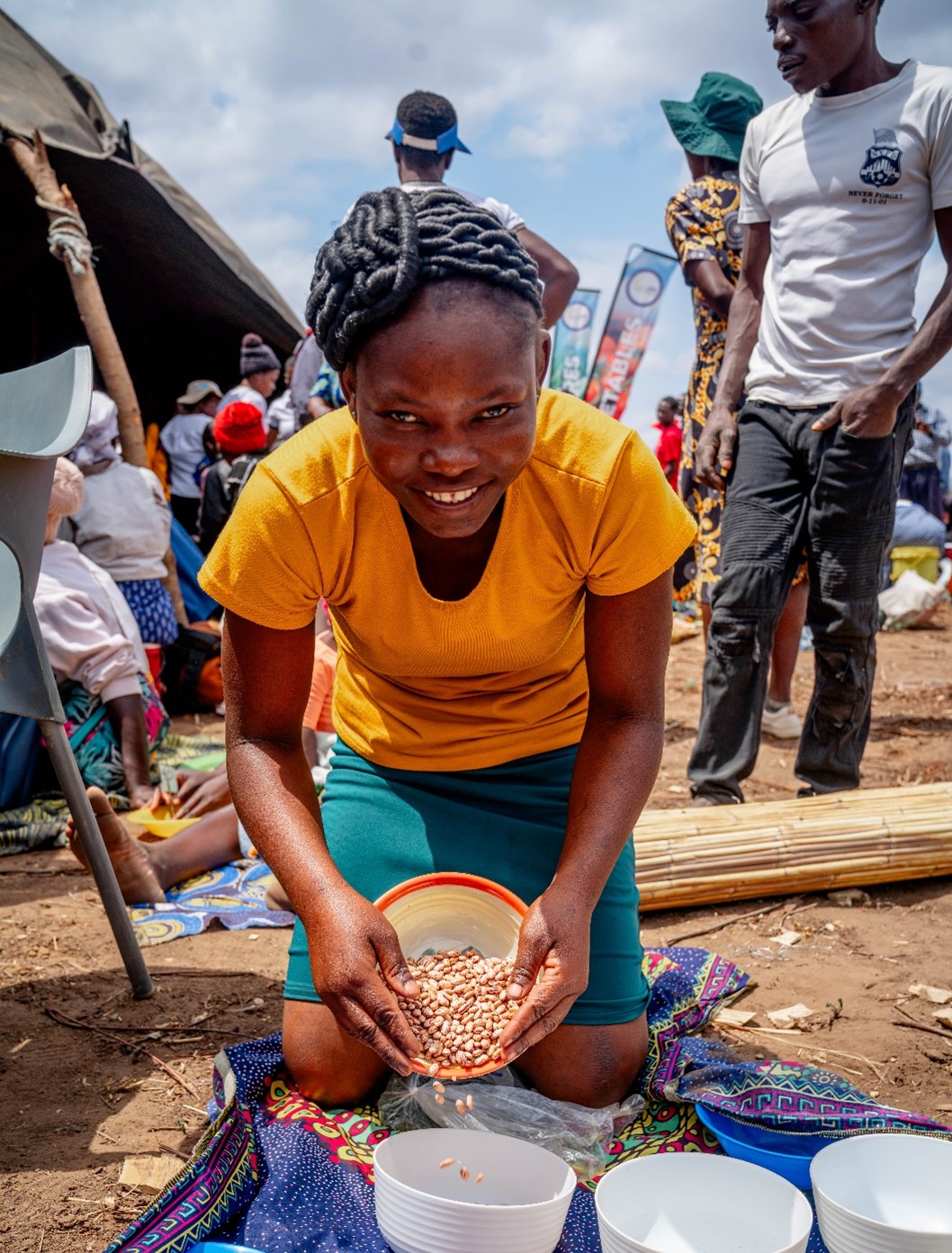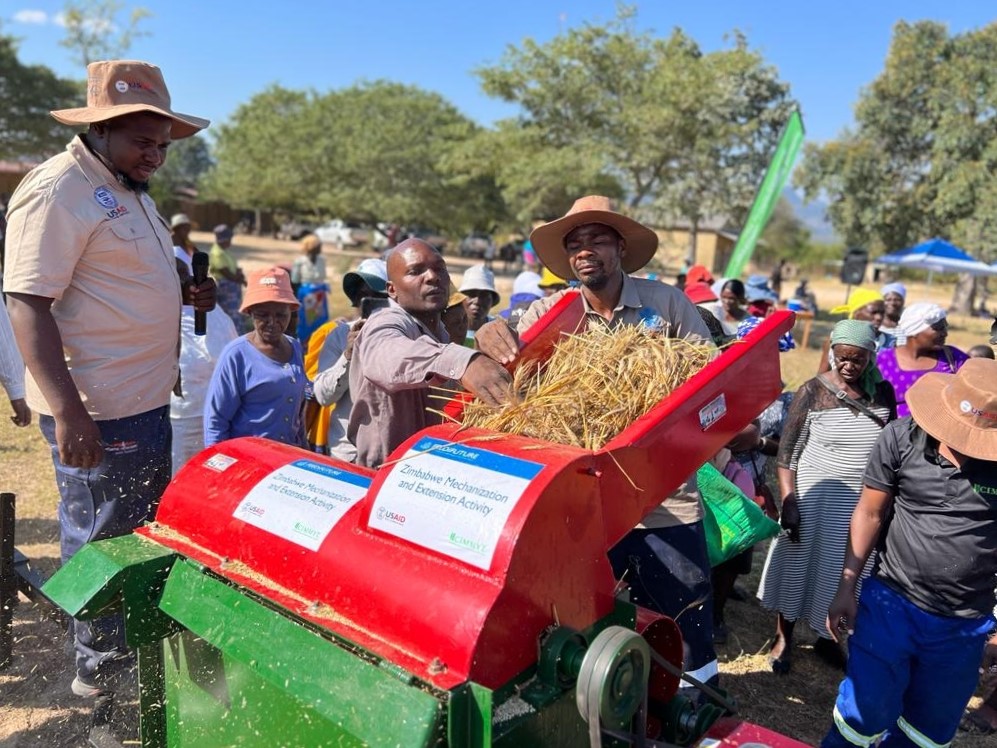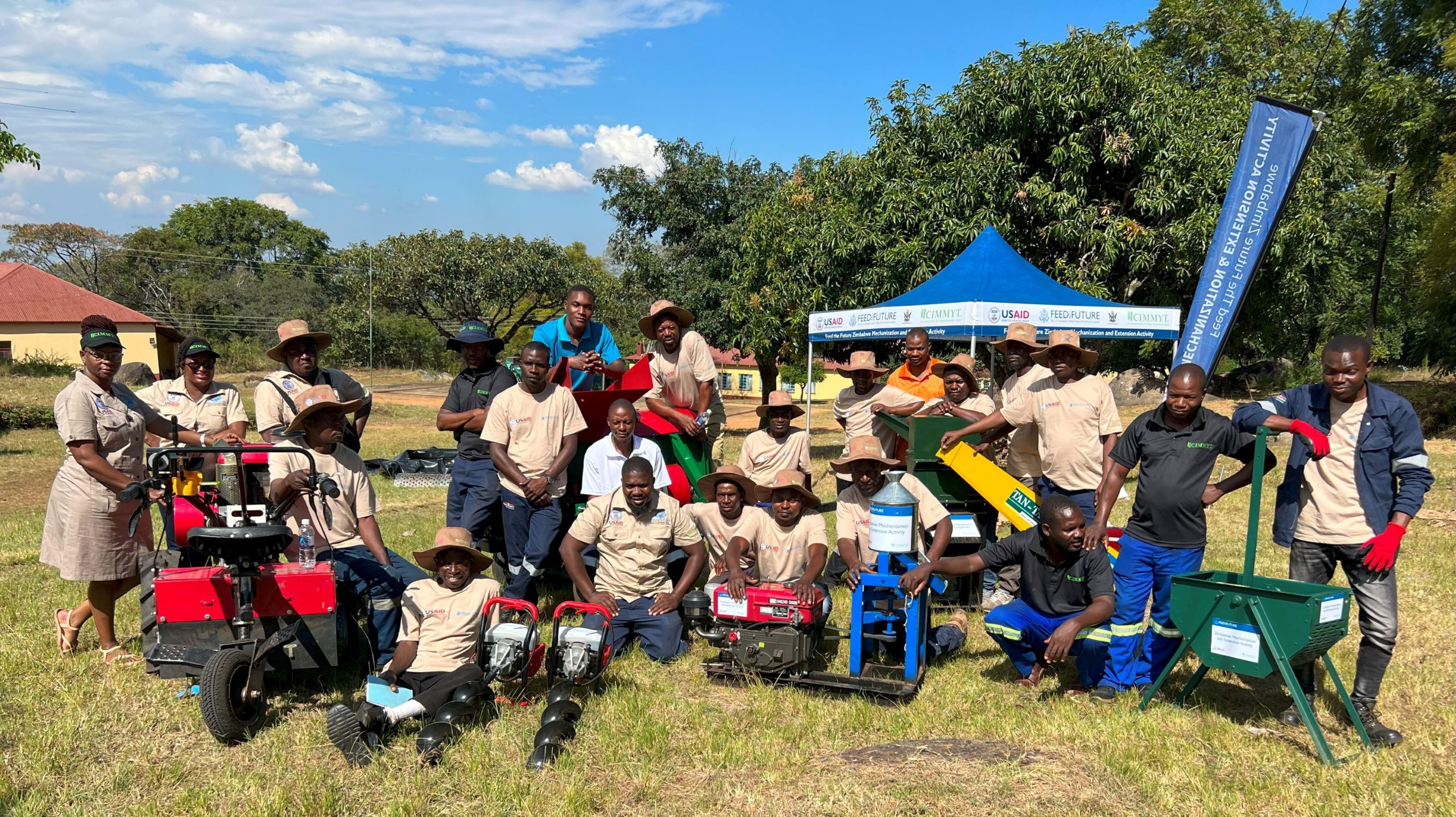In 2015, the General Assembly of the African Union committed to retiring the hand hoe to museums and pushing for sustainable agricultural mechanization on the African continent.
Today, approximately 75-82% of smallholder farmers in eastern and southern Africa rely on human or animal draft power for primary tillage operations. Mechanization helps to reduce drudgery, increases productivity, and contributes to food security and increased livelihoods.
What is Feed the Future Mechanization and Extension Activity?
The Feed the Future Mechanization and Extension Activity, funded by the United States Agency for International Development (USAID), aims to improve smallholder farmers’ access to farm power and machinery to enhance their land and labor productivity.
This is achieved through three integrated components that stimulate demand for scale-appropriate machinery.
Components:
- Identification of demand-driven smallholder farm machinery and building capacity of manufacturing companies to produce, repair, and import machinery for smallholder agricultural production systems.
- Building the capacity of local service providers to purchase, operate, and maintain farm machinery to provide mechanized services to small-scale agricultural value chain actors.
- Coordinate and collaborate with other FTF activities to build the capacity of interested local service providers.
What are the objectives?
- Assess and build the capacity of smallholder machinery manufacturers and suppliers to manufacture demand-driven farm machinery.
- Enhance land and labor productivity and income through the establishment of mechanization service provision to small scale agricultural value chain actors.
- Promote the use of the machinery through demonstrations and other demand creation activities, and inclusive training of rural women and youth in post-harvest processing of agricultural produce to generate increased income.
- Coordinate and collaborate with other mechanization and Feed the Future activities to build capacity of the interested service providers to be agricultural extension agents to their customers during the cropping season.
- Support service providers, manufacturers, and distributors to access credit to acquire machinery or mechanized services.
The project sites are located in Zimbabwe’s Manicaland and Masvingo provinces with project presence implemented across 10 districts.
The Mechanization and Extension Activity will directly benefit 150 service providers who in turn will reach up to 22,500 women and men smallholder farmers through provision of mechanized services. In addition, the mechanization activity will identify and build the capacity of 30 rural mechanics and 30 technicians drawn from local farm machinery manufacturing companies and/or small and medium enterprises.


 Capacity development
Capacity development 

